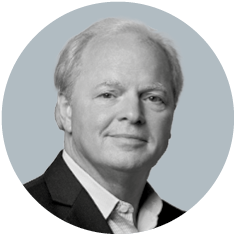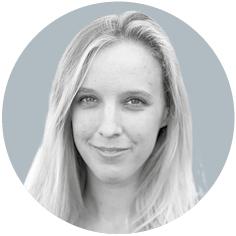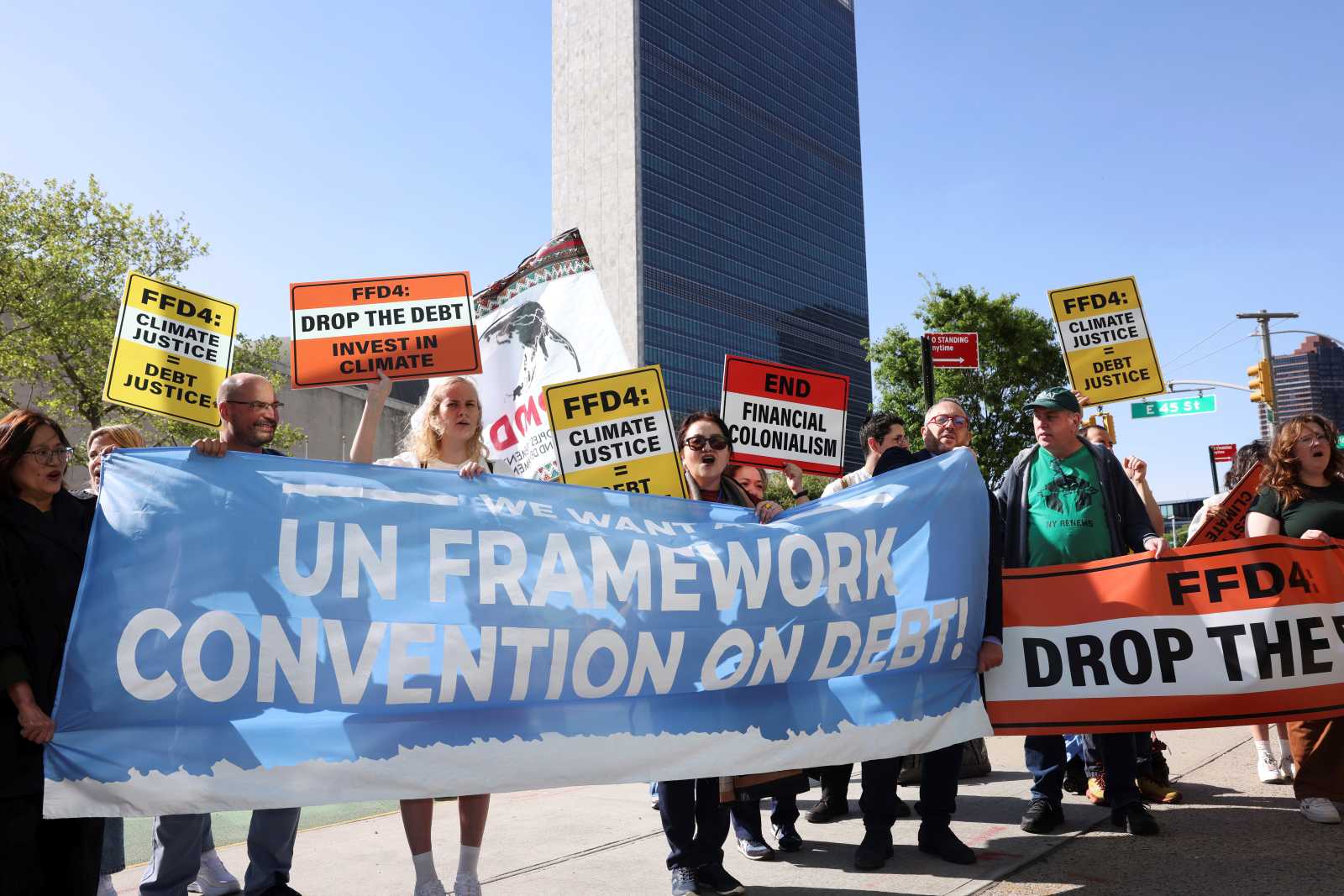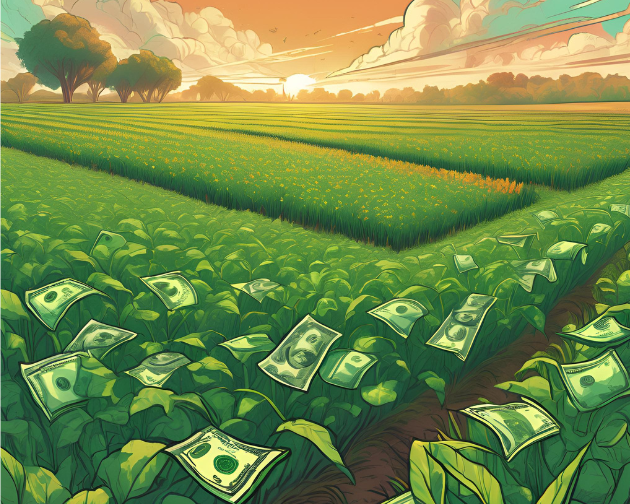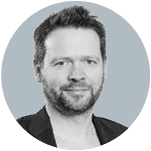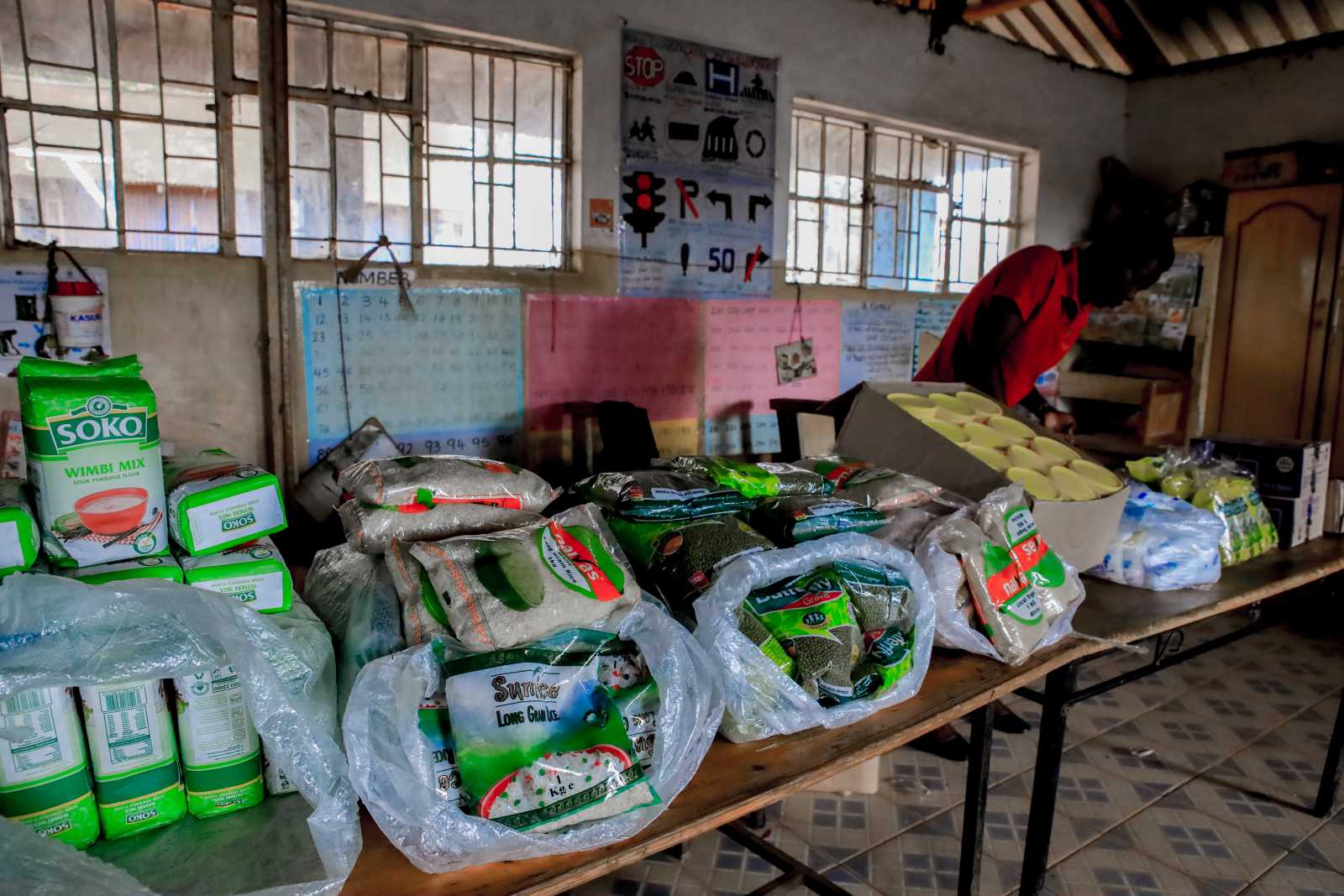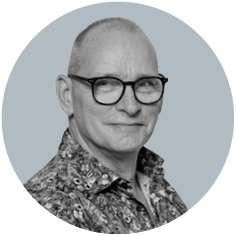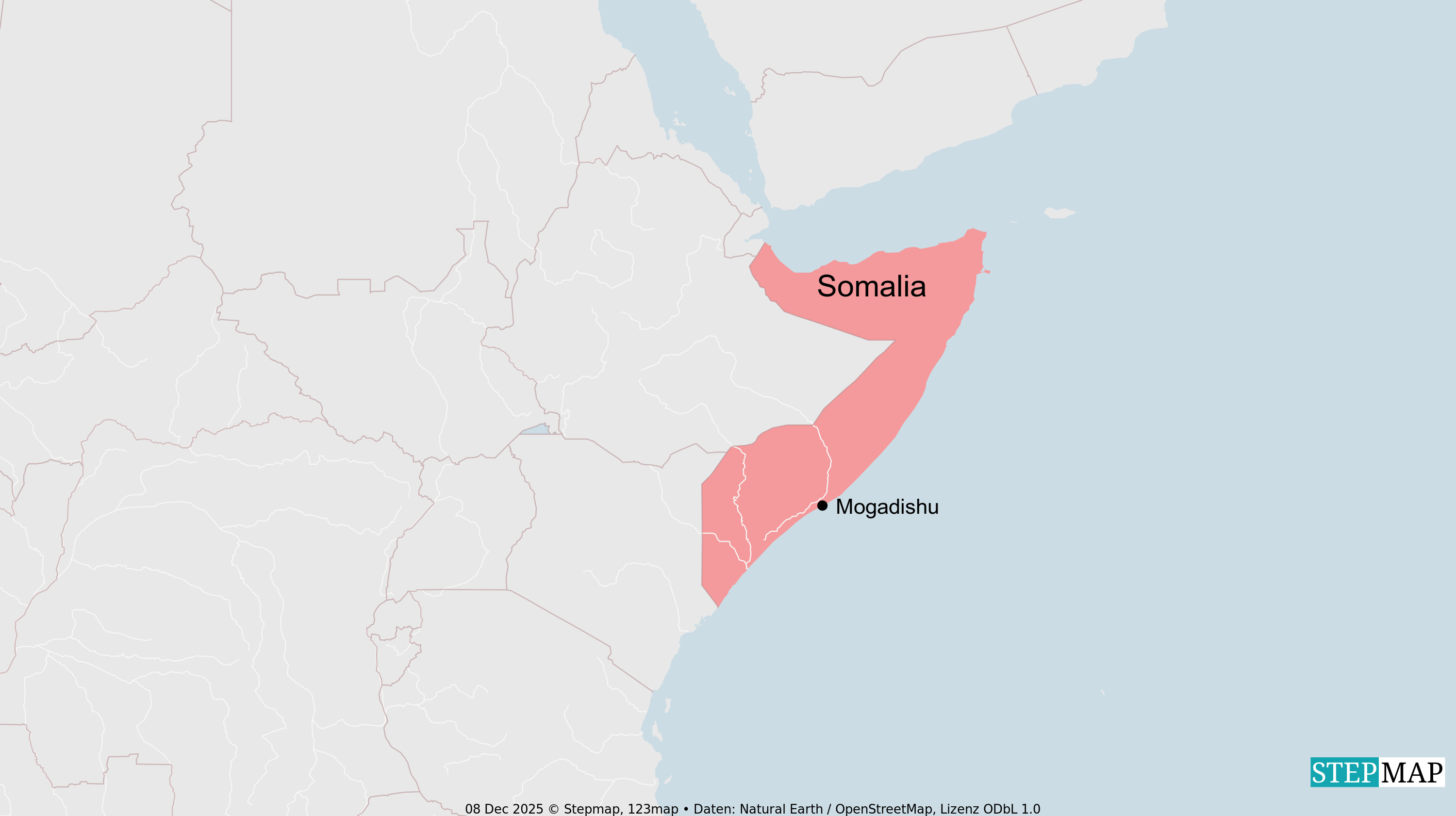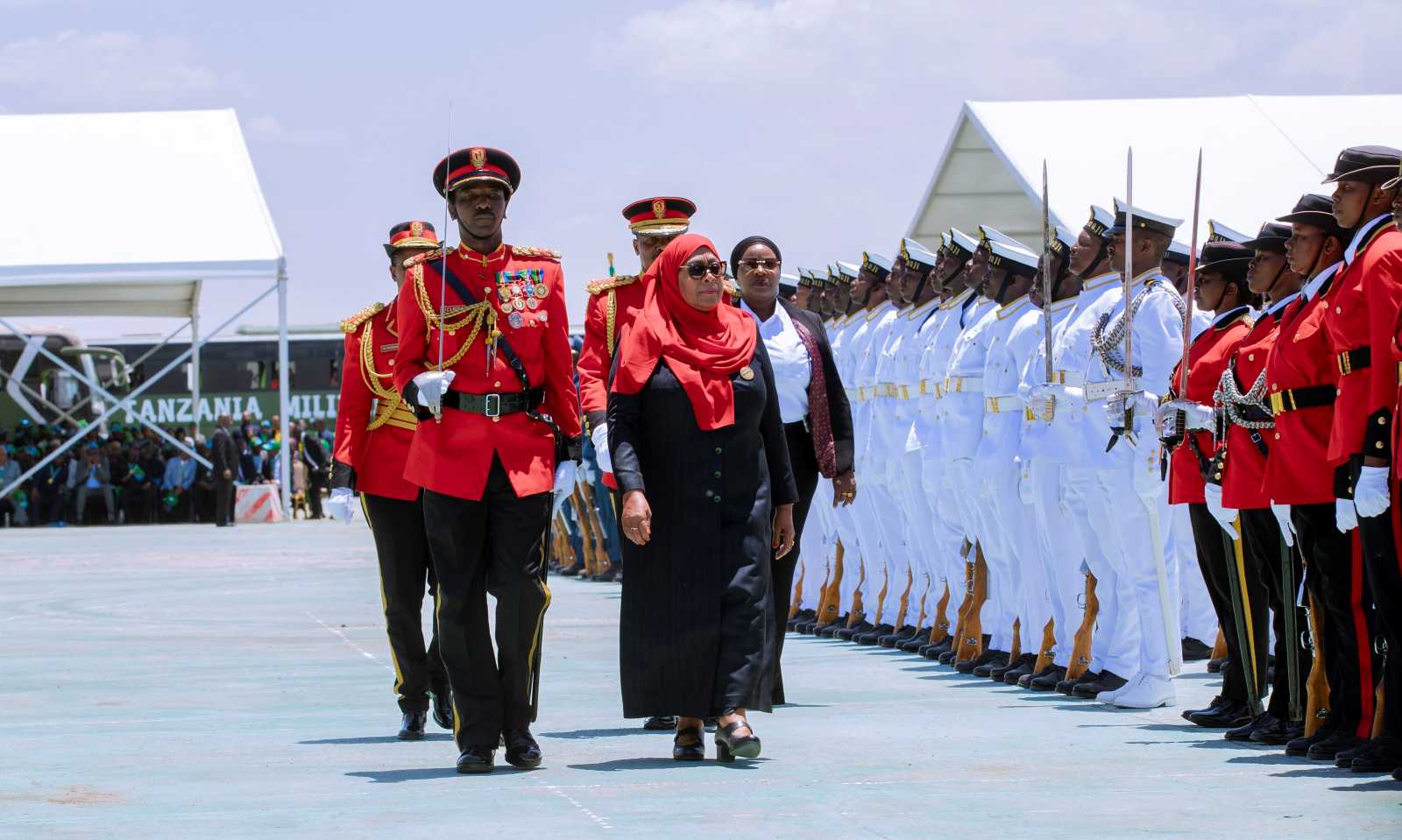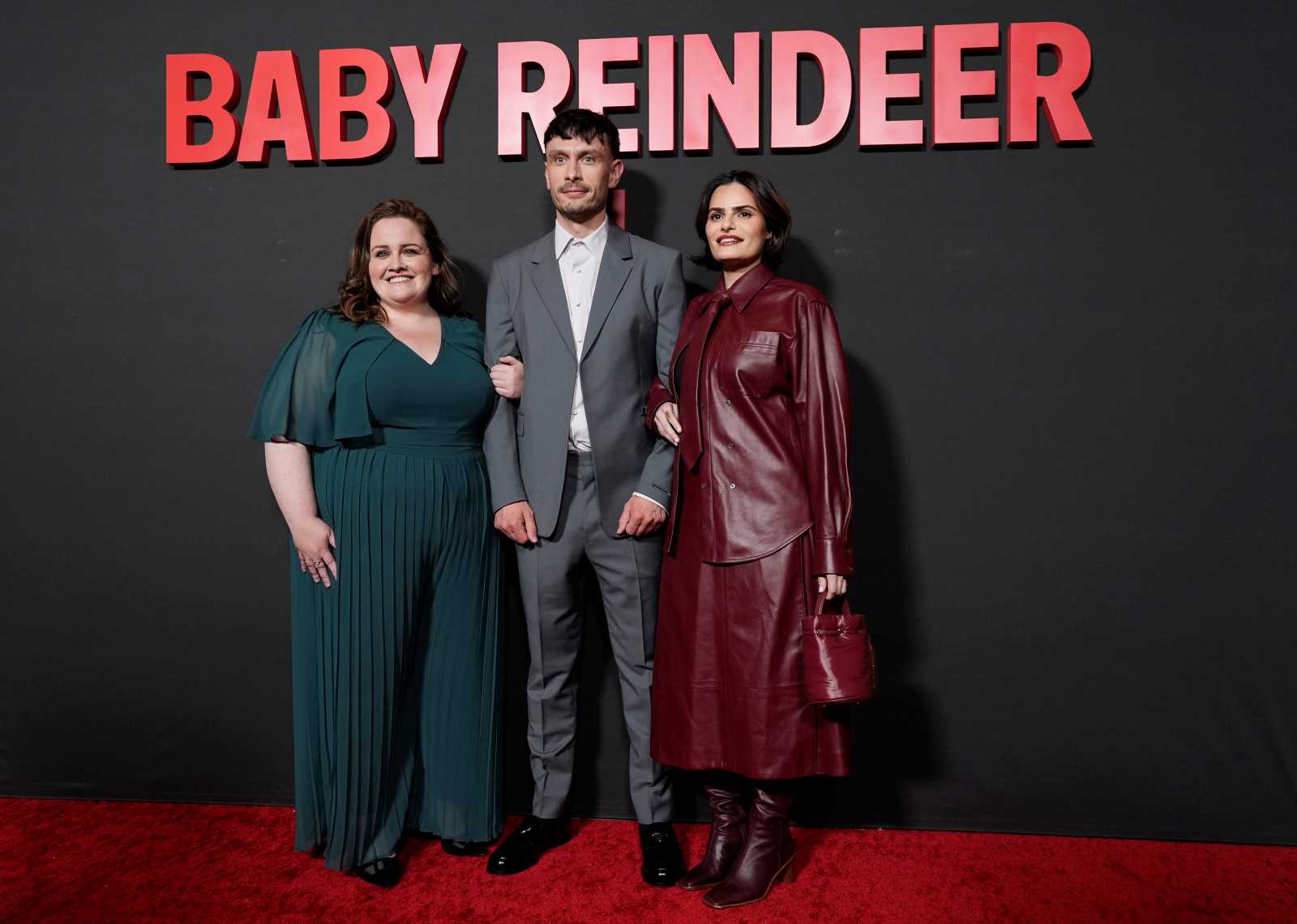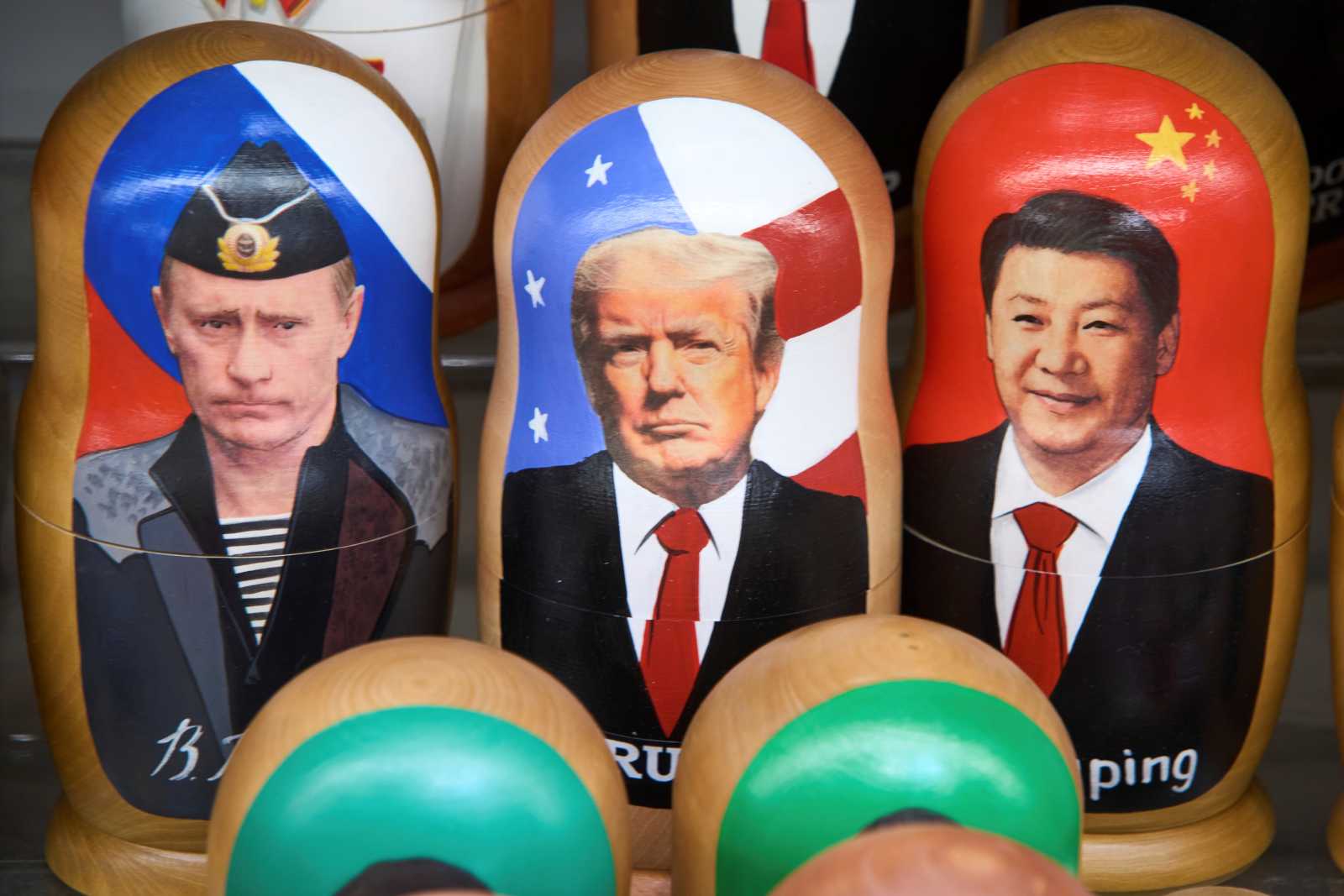World Bank
“We will always be the target of criticism”
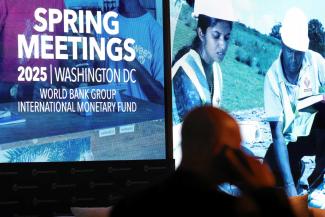
Axel van Trotsenburg in an interview with Eva-Maria Verfürth
Axel van Trotsenburg, several donor countries are cutting their development aid budgets and questioning the value of international cooperation. US President Donald Trump ordered a review of whether World Bank membership was still in the USA’s interests. How are you dealing with this situation?
It’s not only in the US that we are currently seeing growing criticism of multilateralism. Nor is this anything new – it’s something the World Bank has experienced ever since it was founded in 1945. In the early years, many Wall Street investors were sceptical about buying bonds from the World Bank. In the late 1990s, the International Financial Institution Advisory Commission (also known as the Meltzer Commission) in the US questioned the World Bank’s role, and now, “Project 2025” published by the Heritage Foundation is doing the same. As a global organisation representing people in 189 countries, we are very much part of the public debate and will always be the target of criticism. We have to face up to this criticism and demonstrate over and over again what benefits the World Bank entails for the international community. We firmly believe that multilateral cooperation can do a great deal of good.
Which examples come to your mind from the past 80 years?
It’s easy to forget how much some things have changed. It is estimated that 60 % of people around the world were living in extreme poverty in the early 1960s, whereas the figure now is around eight percent. So, although extreme poverty hasn’t yet been eradicated, much has happened. A number of countries in Asia that were the beneficiaries of substantial World Bank resources have shown impressive development. The World Bank’s strength is that we are represented directly in our member countries. Around two thirds of our staff work in over 140 country offices.
This does not appear to be particularly appreciated in global politics at present. Do you still have enough support for your work?
Yes, absolutely. The International Development Association (IDA), which belongs to the World Bank Group and is responsible for the world’s poorest countries, concluded its most recent replenishment round in late 2024. Despite the difficult global political situation, it was the highest IDA replenishment in history with the largest number of donor countries contributing – 60 in all. That is overwhelmingly positive. In its current budget proposal, the US has earmarked $ 3.2 billion for IDA.
That is indeed only slightly less than the Biden administration had promised in December. However, it was long uncertain how much the US would contribute. How serious would it be for the World Bank if it lost its largest donor?
Every country has its government, and every government wants to focus on specific areas – and even the biggest donor can decide to concentrate more on domestic policy again. However, over 85 % of IDA funds come not from the US, even though it is the largest single donor, but from other nations, with European countries for example contributing roughly half of the IDA21 funding.
Countries in the Global South in particular are demanding a greater say in the international financial architecture. Does the World Bank see itself as having an obligation here?
The major donors to the World Bank and IDA have already given away very large numbers of their votes. In the World Bank’s early years, the US and the UK, the two largest shareholders in the International Bank for Reconstruction and Development (IBRD), together held more than half of the votes. Since then, they have relinquished around 60 % of their voting power – I can’t think of anywhere else that something similar has happened. The US now holds around 10 % of the votes on the IDA board. Furthermore, every country has a voice in IDA negotiations, which is pretty democratic. Though the board does have some executive directors who represent just one country, such as the US or Germany, most act on behalf of a group of countries to ensure that all are represented.
Essentially, however, the debate is about more than this – it’s about whose voice is heard. In my experience at the World Bank, people will listen to whoever has the best ideas. For example, the mid-sized European countries have raised many important issues over the years. In the 1980s they pushed for the structural adjustments to be accompanied by social measures, they brought about the debt-relief initiative and addressed matters relating to the environment, gender and the climate. The G7 countries then picked up on these issues and continued to pursue them at World Bank level. Such ideas for development are important for the World Bank, as they make the organisation stronger.
For European countries, it might be easier to make their ideas heard than for others. What about countries from the Global South?
For over 25 years we have been working on bringing about greater decentralisation. It isn’t only important for us to cooperate with governments on the ground and keep an eye on how the projects are being implemented. Our colleagues at the local level are also better placed to tap into new ideas. For instance, the idea for our cash-transfer programmes originally came from Latin America. Around the turn of the millennium, the Mexican programme “Oportunidades” helped a very large number of poor people. The model was then expanded to other Latin American countries, and these days similar programmes are underway all over the world.
In 2022, the World Bank broadened its vision from a “world free of poverty” to a “world free of poverty on a liveable planet”. What do you mean by this?
We want to combat poverty on a planet where it is in fact possible to lastingly eradicate poverty. This relates not only to the climate and the environment, but also for example to conflicts that cause regions to become unliveable.
A year later the World Bank undertook to make nearly half of its annual funding available to climate-related projects by 2025. A large-scale energy project in Africa is planned, for example. Can you tell us more?
Energy supply is a key issue, especially for the poorest countries that we support via IDA. 600 million people in Africa have no access to electricity. Our goal with the project “Mission 300” is to hook 300 million of them up to the power supply. To this end we are working with African governments, the private sector and bilateral donors. We are also fostering cooperation between African countries to ensure that power grids are expanded. Though this is ambitious, we believe it is important to face up to such challenges if quicker progress is what is wanted.
“Mission 300” is criticised by NGOs for not excluding fossil energy sources, especially gas. And in June news emerged that World Bank President Ajay Banga no longer rules out the idea of funding nuclear power – a decision in line with the demands of the US. What is your view of this criticism, and why the change in policy on nuclear energy?
Many experts around the world, including in the EU, regard gas as an important transitional fuel. That’s exactly how we see it, too: gas can be part of the energy mix, but only as an interim solution. We assume that we will also provide funding for hydrogen and thermal energy. A number of executive directors have raised the issue of nuclear power at the World Bank because this is something that is being discussed in many countries – not only in some OECD member states, but also in developing nations. It is important to note however that the World Bank has never financed the construction of nuclear power plants themselves – with the exception of one project funded for Italy in 1959. We will now work together with the International Atomic Energy Agency (IAEA) and initially advise countries on their options in this area.
The IDA replenishment was a positive signal, yet ODA spendings are being cut and we have an annual global funding gap of trillions of dollars when it comes to achieving the SDGs. At the Hamburg Sustainability Conference in June, you’ve therefore called for greater involvement of the private sector. What do you hope this can achieve?
First and foremost, we want to increase public funding and determine how best to deploy it. The leverage the World Bank achieves on the capital market can play an important role here: for every dollar that is paid into the IBRD, we can make financial pledges of up to ten dollars in ten years’ time. Even IDA has a leverage ratio of one to four. This means we get more out of taxpayers’ money – and should take advantage of this, especially when public budgets are cut. Of course, there is also the question of how private funding can be increased.
The impact of international private investment has so far fallen short of expectations, with only little capital flowing to sub-Saharan Africa. Is it realistic to pin one’s hopes on foreign private capital if it’s the poorest countries one is trying to help?
The international private sector does actually invest a great deal of money, though it chiefly gets channelled to countries that are good at attracting it, such as in East Asia. We want to create similar prerequisites in other countries too, especially in the poorest nations, by putting in place risk mitigation measures or providing guarantees. IDA’s “Private Sector Window” programme uses a risk mitigation facility to encourage private investment in the poorest and most fragile countries, which I personally believe to be very important. We should further develop such derisking instruments, not only in the World Bank Group but also in multilateral and bilateral development banks. Otherwise, the private sector will refrain from getting involved. However, we are also convinced that much needs to be done on the domestic level, by improving taxation systems for instance. Many of the success stories in Asia are rooted in the successful mobilisation of local resources. Neither ODA funding nor foreign private sector investment on their own will ever be enough – countries also have to maximise their own revenues.
Axel van Trotsenburg is the World Bank’s senior managing director.
press@worldbank.org
